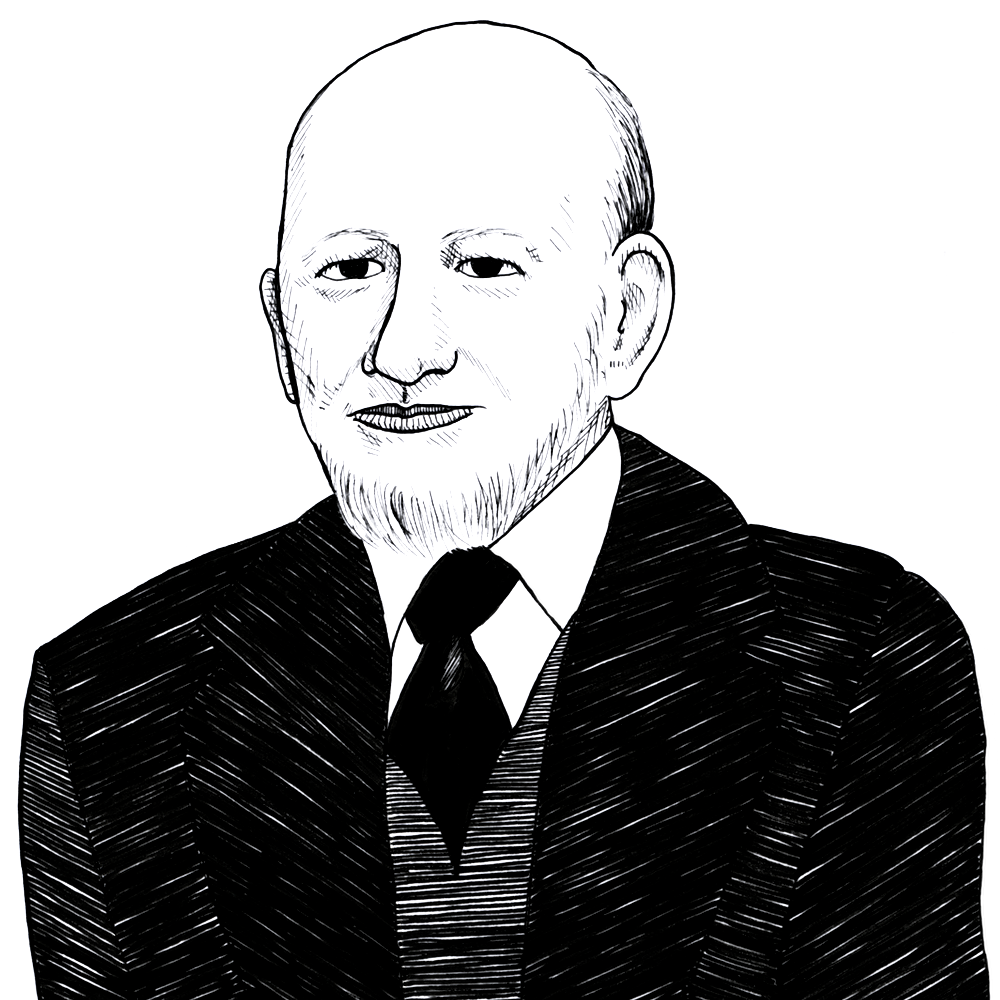
Ludwig Lachmann and the free market as a leveling process in the distribution of wealth (1956)
Found in: Capital, Expectations, and the Market Process
In an article he wrote in 1956 the Austrian school economist Ludwig M. Lachmann (1906 - 1990) observed that the free market created a “leveling process” in the distribution of wealth because wealth did not stay in any particular person’s hands for long unless they they had the skill to successfully satisfy the demands of consumers in the face of constantly changing conditions:
Economics
The market process is thus seen to be a leveling process. In a market economy a process of redistribution of wealth is taking place all the time before which those outwardly similar processes which modern politicians are in the habit of instituting, pale into comparative insignificance, if for no other reason than that the market gives wealth to those who can hold it, while politicians give it to their constituents who, as a rule, cannot.
This process of redistribution of wealth is not prompted by a concatenation of hazards. Those who participate in it are not playing a game of chance, but a game of skill. This process, like all real dynamic processes, reflects the transmission of knowledge from mind to mind. It is possible only because some people have knowledge that others have not yet acquired, because knowledge of change and its implications spread gradually and unevenly throughout society.